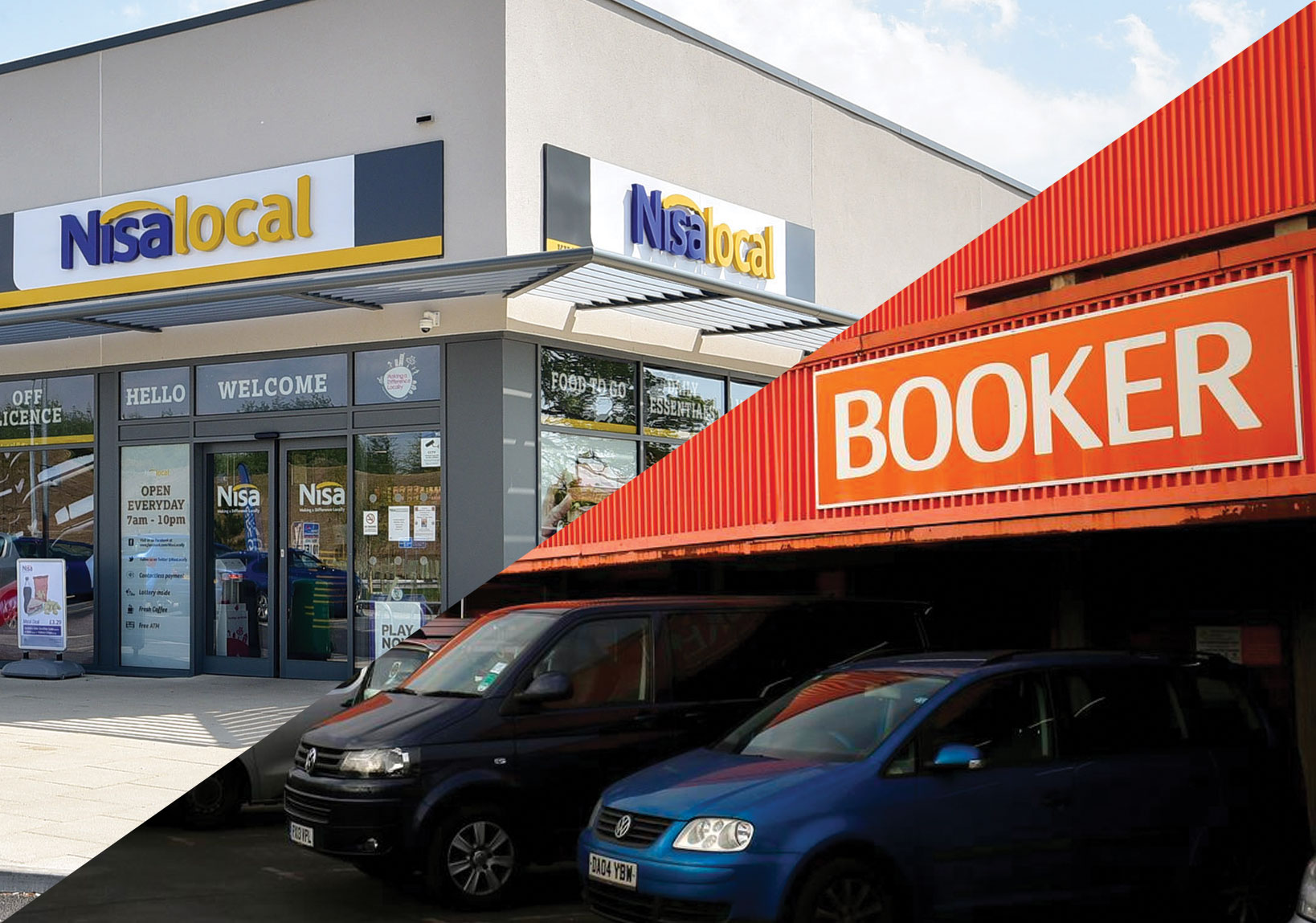GSCOP regulates how the UK’s 12 biggest grocery retailers trade with suppliers. Regulated retailers must provide sufficient notice on decisions to alter order volumes or terms in existing supplier contracts.
A breach can lead to fines of up to 1% of a retailer’s annual turnover.
In her final year overseeing GSCOP, groceries code adjudicator Christine Tacon confirmed Booker and Nisa will be examined more closely following their mergers with Tesco and Co-op, respectively.
She said: “Arrangements of these kind are increasing in the grocery sector. One example is Co-op and the independent societies running through it. Their arrangements are not controlled by it [Co-op].
“Another is the use of intermediaries to order products after the regulated entity has concluded negotiations with a supply group. There should be no design or use of any of these arrangements to enable regulated retailers to work around the code.”
Tacon confirmed to Better Retailing that Tesco and Co-op have started providing GSCOP training to Booker and Nisa. She confirmed her proposals would only cover contracts for convenience stores, while foodservice contracts will be exempt.
A Tesco spokesperson said: “During the year, 530 Booker colleagues attended face-to-face or virtual training sessions on the code. Training on the code has been supplemented through the rollout of detailed guidance documents.”
More like this: Booker partnered independent retailers delivered benefits from Tesco acquisition
A Nisa spokesperson added: “Commercial teams have been brought together to simplify our supplier relations, and colleagues are working on an action plan to review processes and ensure compliance.”
The retailers governed by the code are Tesco, Co-op, Morrisons, Sainsbury’s, M&S, Asda, Waitrose, Aldi, Iceland, Lidl, Ocado and B&M Bargains.



Comments
This article doesn't have any comments yet, be the first!